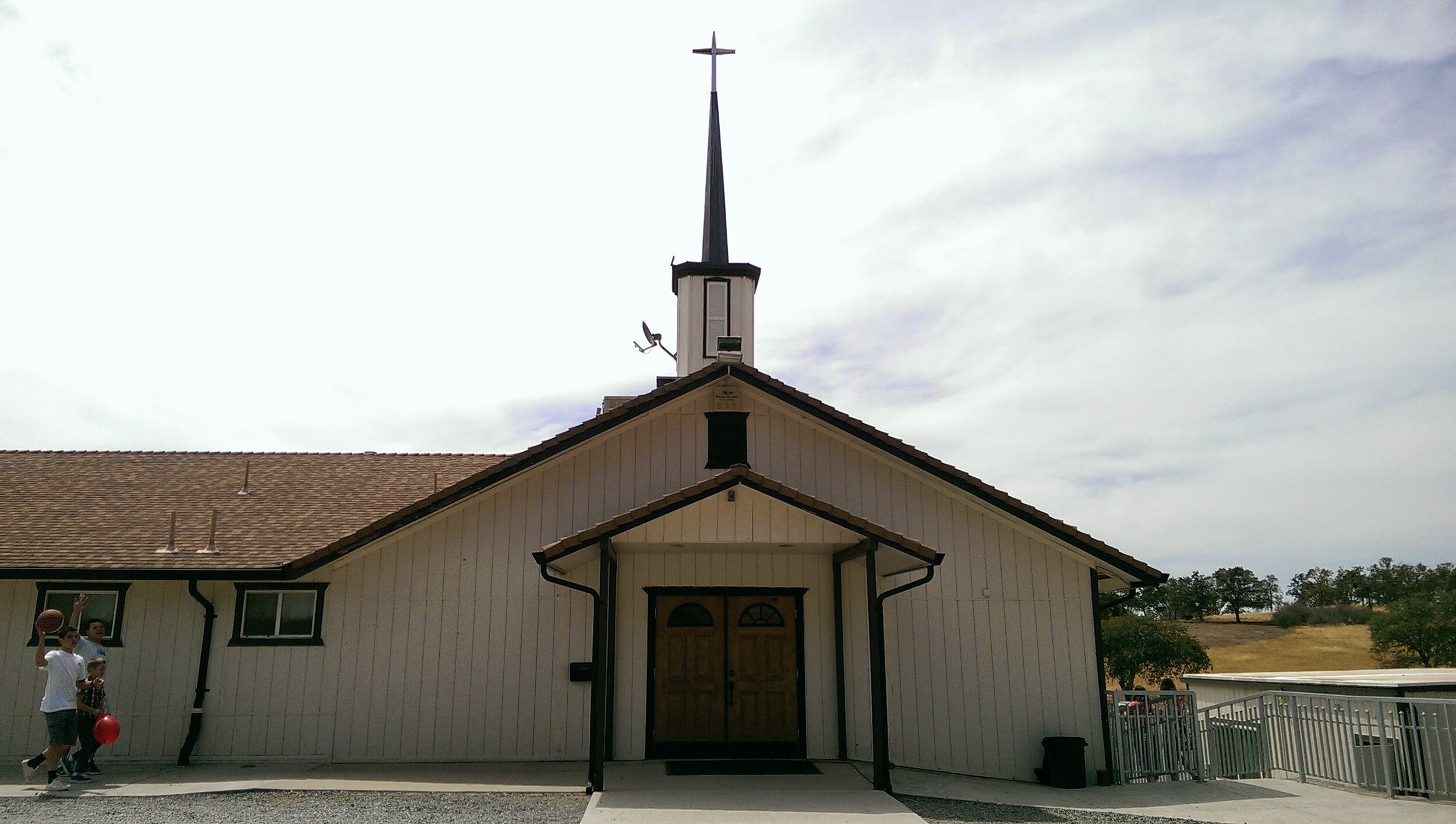Susie and I were supposed to have gone camping this past week, but like everyone else living in these COVID-19 days, we had a change of plans. Of course, having to change plans is nothing new, but to have so many people’s plans change all at the same time is new to most of us. Career plans, business plans, wedding plans, retirement plans, educational plans, vacation plans, graduations plans, financial plans, … all of them affected and in serious upheaval.
How good are you when it comes to having to change your plans, adapting to new realities? Flexible and positive, grumpy and complaining? A having-to-change-your-plans kind of crisis certainly does reveal who we are and what we are made of. Few of us like to be forced into changing plans, the only time we really like changing plans is when it is our own idea, when we’re the ones cooking up the changes.
50 days after Easter, on Pentecost, the Bible tells us about two groups, the followers of Jesus and the Jewish leaders. The disciples of Jesus were changed by the fact of the resurrection of Jesus from the dead and the outpouring of the Holy Spirit on them. The Jewish leaders thought they had brought everything back under control, everything running according to their plans, until, those Holy Spirit-filled believers started preaching.
“’The sun will become dark, and the moon will turn blood red before that great and glorious day of the LORD arrives. But everyone who calls on the name of the LORD will be saved.’ People of Israel, listen! God publicly endorsed Jesus the Nazarene by doing powerful miracles, wonders, and signs through him, as you well know. But God knew what would happen, and his prearranged plan was carried out when Jesus was betrayed. With the help of lawless Gentiles, you nailed him to a cross and killed him. But God released him from the horrors of death and raised him back to life, for death could not keep him in its grip'” Acts 2:20-24 (NLT2), Peter declared.
Did you notice the clash of plans? God’s plan or the Jesus plan and the Jewish leaders’ plan?God’s plan – a long-range, eternal, good for all plan
To save people from judgment
To offer Jesus’ life for our sins
To defeat the grip of death (death for is the ultimate plan changer)
The Jewish leaders’ plan – a short-sighted, evil, what’s-good-for me plan
To have no change
To get back to and maintain the old
To kill the plan of God
The question becomes, which side of God’s plan will you be on? Will you oppose it, or will you accept the changes needed to accept it? Will you brush the center of God’s plan, Jesus Christ, to the side, or will you organize everything in your life around Him?
God is neither silent nor inactive in our current crisis, He has put us in the vise of change not just try to get out and back, but to examine our plans and make both temporary and life-long changes that put Jesus, God’s plans, God’s purposes and will in the very center. We are collectively yearning to get back to “normal,” and we pray it will be sooner than later, but I can’t help but think that God would love for us to emerge from this chaos changed for the better.
Listen to what God delivered to the exiled to Babylon Jews in the days of the prophet Jeremiah, “This is what the LORD says: ‘You will be in Babylon for seventy years. But then I will come and do for you all the good things I have promised, and I will bring you home again. For I know the plans I have for you,’ says the LORD. ‘They are plans for good and not for disaster, to give you a future and a hope. In those days when you pray, I will listen. If you look for me wholeheartedly, you will find me. I will be found by you,’ says the LORD. ‘I will end your captivity and restore your fortunes. I will gather you out of the nations where I sent you and will bring you home again to your own land’” Jeremiah 29:10-14 (NLT2).
God did not just want them to return and get back to the same-old same-old, He wanted them to came back better, changed, completely in tune with Him. May this be true of us.
To God be all glory.
Love you, Pastor Hans
